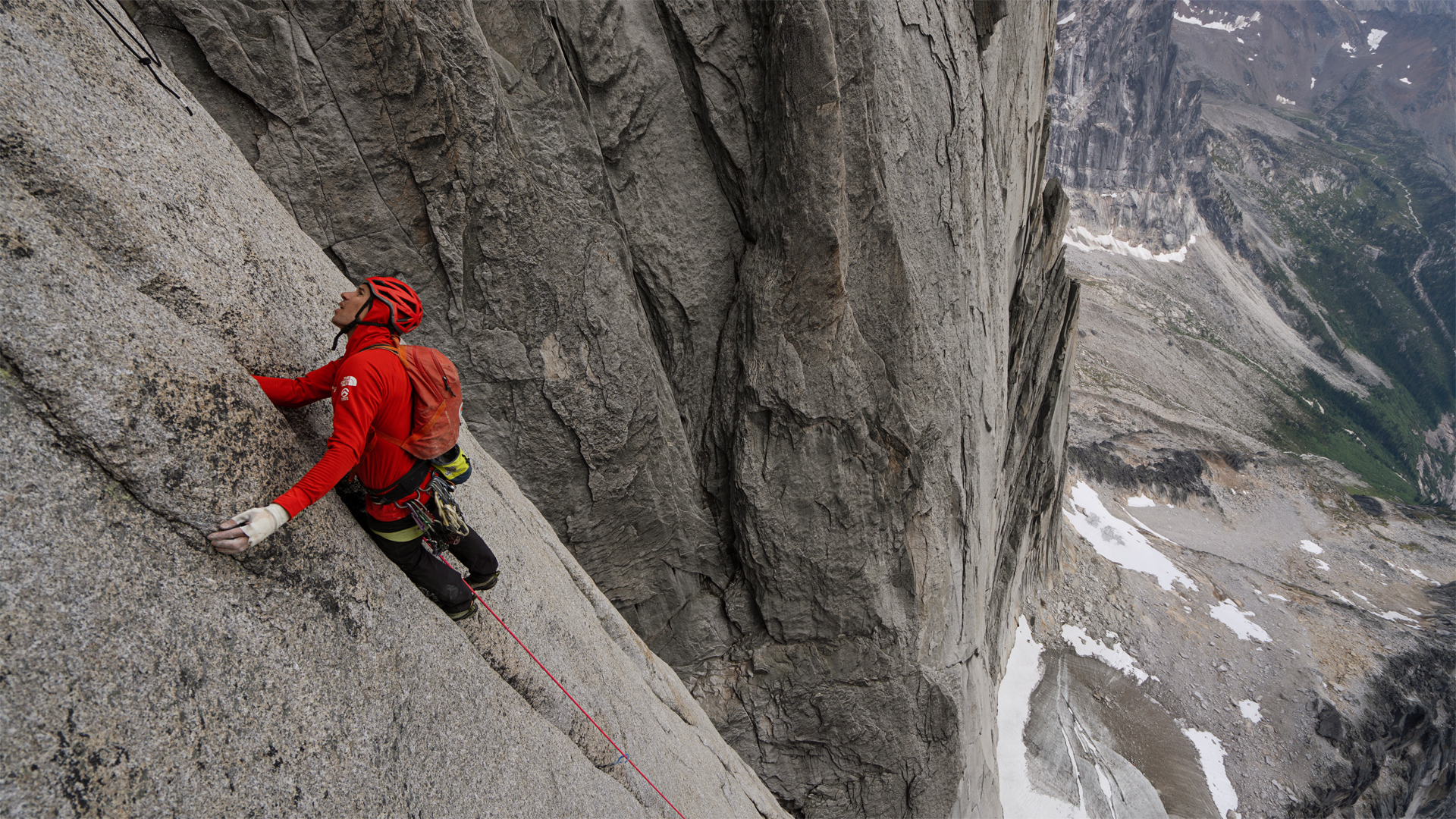Excessive heat warnings and hiking – how hot is too hot to hit the trail?
We look at the definition of “excessive heat” and when you should save your hike for another day
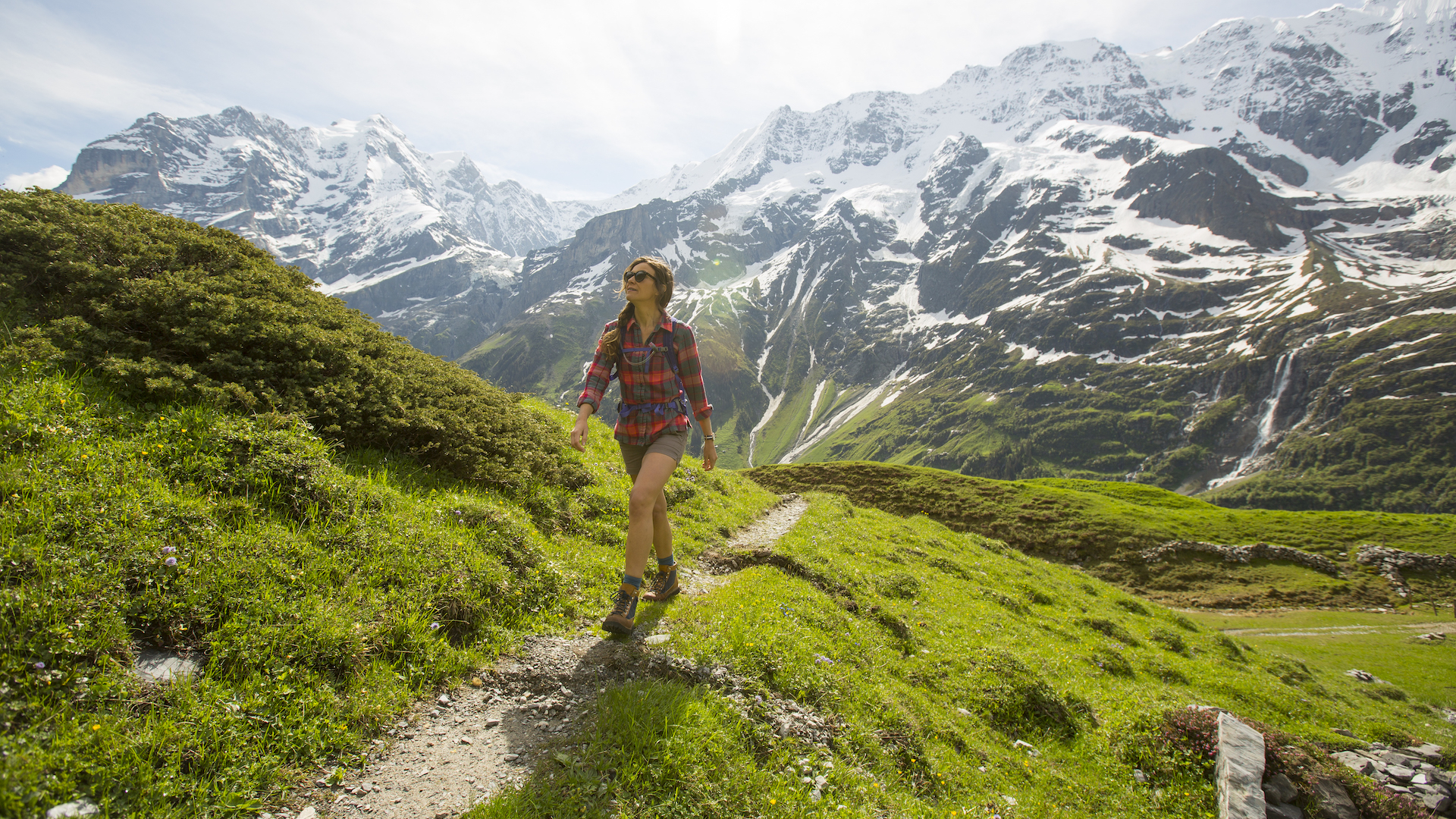
In July 2023, a man died at Death Valley National Park as temperatures hit 121 degrees. Less than three weeks prior, another hiker became the second in two months to succumb to the heat while trying to hike the arduous rim-to-rim trail in Grand Canyon National Park. Tragic stories like these abound in the world of hiking, and they’re not just limited to summer months – as early as April this year, we reported on two Arizona hikers requiring mountain rescue due to the heat.
With temperatures now on the rise everywhere, you might start to see red flags in the weather forecast, alerting you to dangerous conditions and encouraging you to stay indoors during certain advisories like excessive heat warnings. But what is excessive heat? What are the dangers of hiking in the heat? And when is it too hot to pull on those hiking boots?
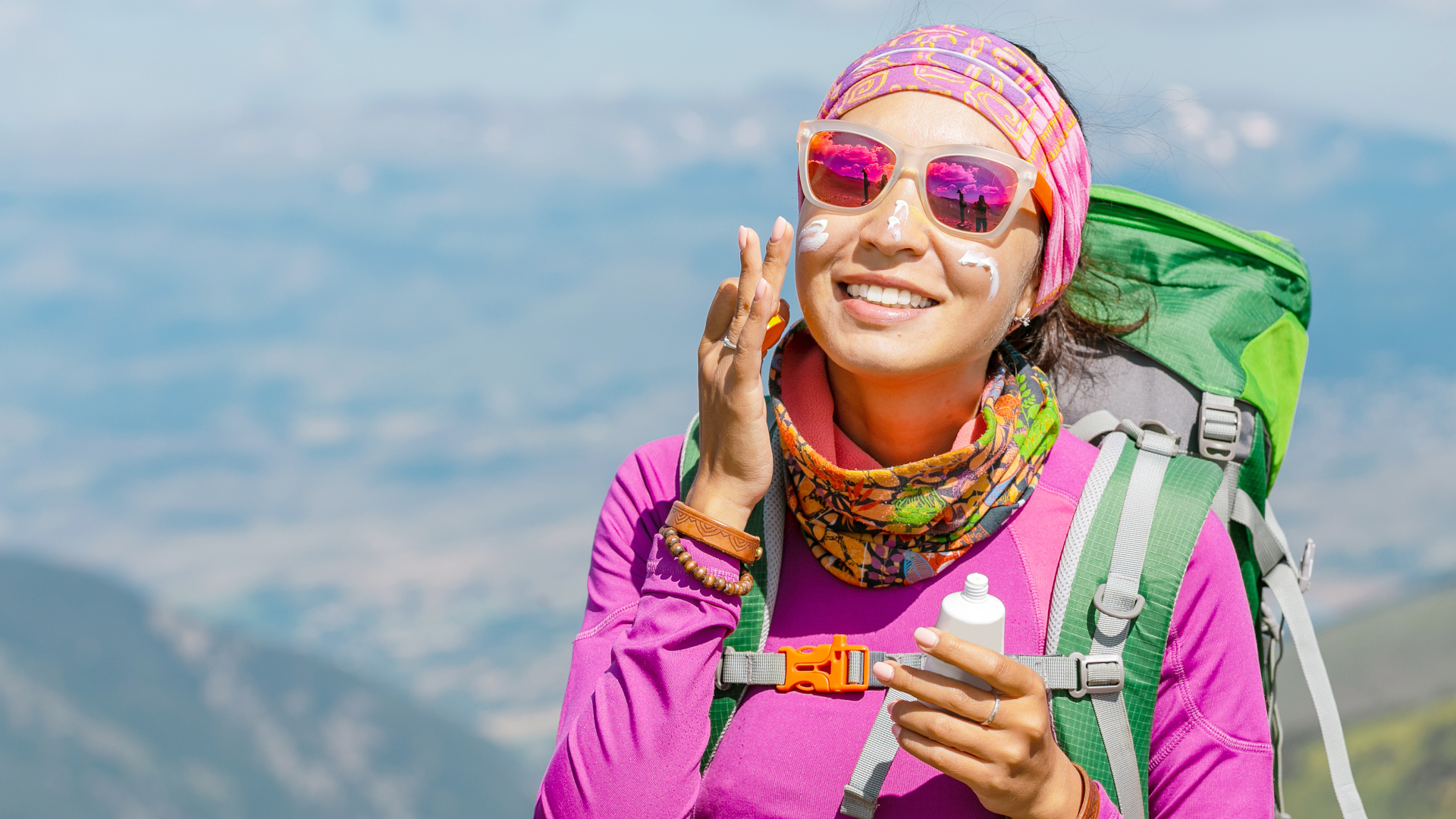
What is an excessive heat warning?
To know what an excessive heat warning means, you first need to understand the term heat index, which is used by the National Weather Service to explain the effect of air temperature on the human body when combined with humidity, which is more taxing on your system.
If you look at this heat index chart, you’ll see that when the air temperature is 90 degrees but the humidity is at 60 percent, your body will behave as though it’s actually 100 degrees out. This helps explain why hot weather in dry climates like Colorado will seem less oppressive than the same air temperature in the sweaty Midwest.
In general, when daytime highs are expected to be 100 degrees or higher for at least two days and the nighttime lows won’t drop between 75 degrees, the NWS will issue a heat advisory. If daytime highs are expected to be higher than 105 degrees for two days or longer, they will issue an excessive heat warning.
It’s important to note that these guidelines can vary slightly according to location; if a high heat index is expected in a place that is unused to hot weather, a heat warning could be issued before temperatures reach 100 because residents may not be as prepared as they would be in areas where hot weather is commonplace.
During a heat advisory, the official advice is that it’s time to action with the following tips:
Advnture Newsletter
All the latest inspiration, tips and guides to help you plan your next Advnture!
- Drink plenty of water
- Stay out of the sun, and in an air-conditioned place
- If you have to spend time outside, take frequent rest breaks in shaded or air-conditioned places
- Wear clothing that is lightweight and loose-fitting
- Save strenuous activities for the early morning or evening
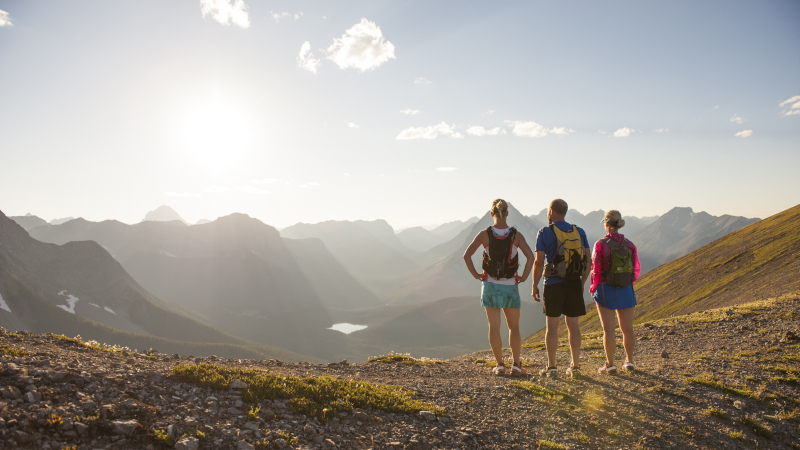
What are the dangers of hiking in the heat?
If you go hiking – or do any vigorous activity – outdoors during hot weather your body has a built-in cooling mechanism: sweating. However, in extreme heat, your body may be unable to keep up with demand and you'll soon become dehydrated.
If your sweating mechanism fails, your body may be unable to cool itself and if you don’t take immediate action, you could be at risk for heat-related conditions such as heat rash, heat cramps, heat exhaustion and heatstroke, the latter of which can result in death.
How hot is too hot to hike?
Hiking during an excessive heat warning when the temperatures are set to exceed 105 degrees is almost certainly a bad idea for anyone, but does that mean hiking when it’s 104 degrees is okay?
To a certain degree, how hot is too hot to hike depends on your personal experience, your physiology and your preferences. In Arizona, where residents are used to excessive heat, officials have determined that triple digits are the point where they will close certain trails during the day to keep hikers safe, but a Reddit thread on the subject reveals many hikers draw the line at 80 degrees, and even 70 for some.
A small 2020 study looked at the effects of heat on 12 hikers as they climbed Tempe Butte – a mile-long round trip hike – in Arizona four times in 88-degree weather versus in 66-degree weather. The study found that hot conditions significantly impaired performance (by 11 percent), reducing aerobic capacity by seven percent, increasing the rate of perceived exertion by a full 19 percent, and elevating core temperature by over one degree Fahrenheit.
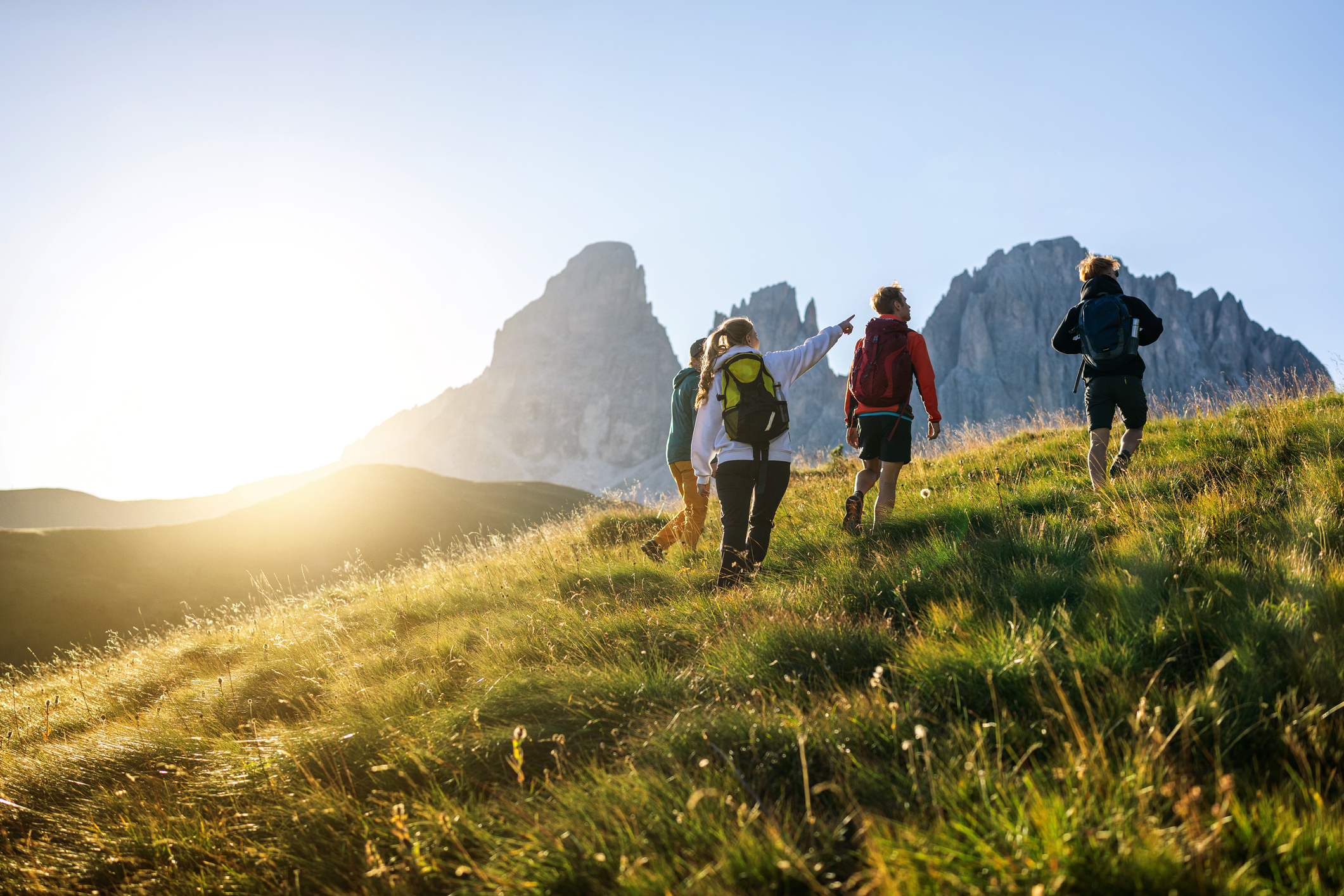
It's also worth noting that the researchers in the study observed that less aerobically fit participants were the most negatively affected by the heat, so if you don’t hike regularly and want to hit the trail during a summer trip, you may want to take extra precautions. It could be possible for you to offset some of the effects of hot weather hiking with fitness heat training – but it’s still never advised to hike during a heat advisory or an excessive heat warning.
If you’re unsure about whether it’s too hot to hike today, it’s worth asking yourself a few questions, such as: are you aerobically fit? Are you used to hot weather? Do you know the trail? Are you able to carry lots of water?
Once the thermometer passes a certain point, it may not be possible to keep yourself safe when hiking in hot weather, but for many hikers, once the highs start to reach the mid-80s it’s preferable to hike early in the morning to avoid the heat of the day and seek shaded trails. Fill your hydration bladder or water bottle and look for trails that have a water source such as a stream available (and carry a water filter). Learn more in our article on hiking in hot weather.
Julia Clarke is a staff writer for Advnture.com and the author of the book Restorative Yoga for Beginners. She loves to explore mountains on foot, bike, skis and belay and then recover on the the yoga mat. Julia graduated with a degree in journalism in 2004 and spent eight years working as a radio presenter in Kansas City, Vermont, Boston and New York City before discovering the joys of the Rocky Mountains. She then detoured west to Colorado and enjoyed 11 years teaching yoga in Vail before returning to her hometown of Glasgow, Scotland in 2020 to focus on family and writing.

